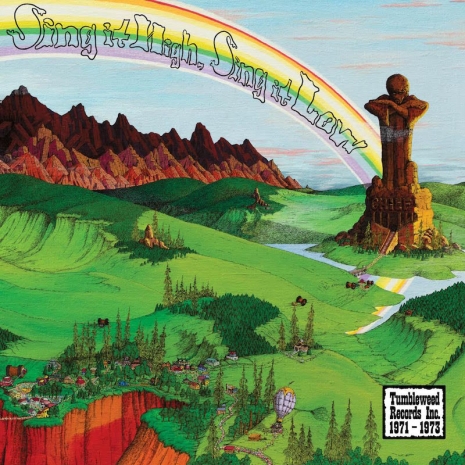
Light In The Attic Records is about to release Sing It High, Sing It Low: Tumbleweed Records 1971-1973, a compilation of recordings originally released by a little-known label that was based in Denver, Colorado. Tumbleweed Records existed for just two short years in the early ‘70s, yet produced some incredible music that was well played and superbly packaged.
The label was founded by Larry Ray and Bill Szymczyk, former ABC-Dunhill label employees based in Los Angeles, who, after a devastating 1971 L.A. earthquake, fled to the relative calm of Denver, Colorado to start Tumbleweed Records. The pair managed to convince the Gulf + Western corporation to give them 5 million bucks, and they were off. Tumbleweed made their presence known by purchasing a full-page ad—of Ray and Szymczyk pictured with their families—in Billboard magazine.
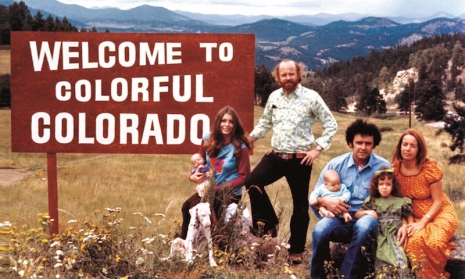
Ray and Szymczyk conceived of Tumbleweed as a label friendly to artists. For them, it was about the music and creating a communal vibe. Drugs were omnipresent at Tumbleweed HQ, which was located inside a residential house in Denver. A lot of pot was smoked in that space. They were such fans that—believe it or not—Tumbleweed roach clips were handed out as promo items.
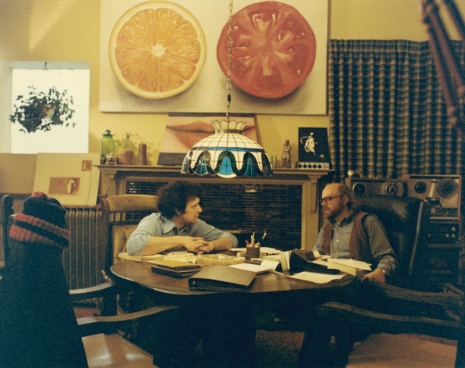
Bill Szymczyk and Larry Ray inside the Tumbleweed house/office.
Canadian Arthur Gee’s debut LP was Tumbleweed’s inaugural release (he was also the only artist to have two albums come out via the label). Gee was a big fan of LSD, and his songs have a stoned, hazy quality to them.
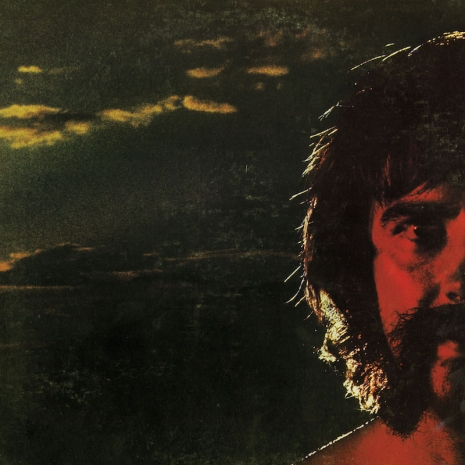
‘Arthur Gee’ (1971).
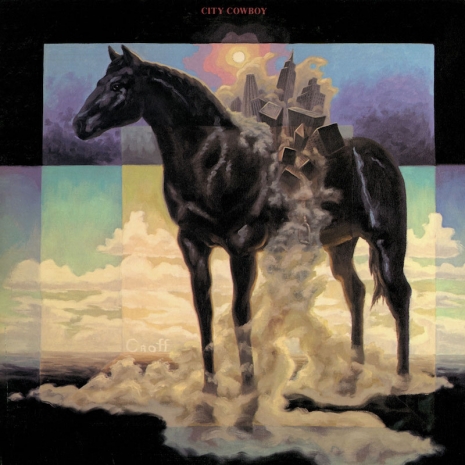
Arthur Gee-Whizz Band - ‘City Cowboy’ (1973).
The Rudy Romero LP, To The World (1973), is an example of Tumbleweed’s cool, forward-thinking packaging. The Romero album was pressed on white vinyl, during an era when vinyl was rarely a color other than black. It’s rumored that none other than George Harrison appears on four of the tracks.
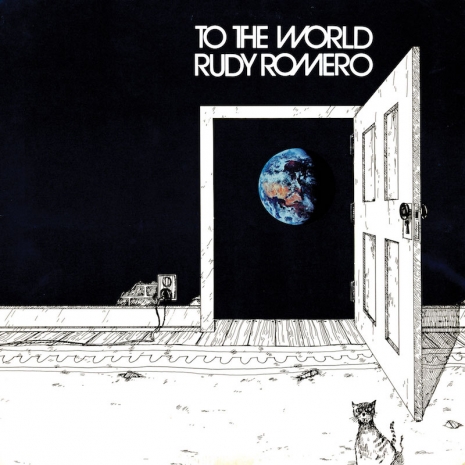
Tumbleweed produced big-sounding albums by gifted, largely up-and-coming artists, executed by first-rate musicians, and beautifully packaged for the marketplace. The label was certainly ambitious, but was hampered by poor distribution and subsequently didn’t sell a lot of records, all the while not skimping when it came to expenses—a business model that couldn’t last. In 1973, after just nine albums (plus some singles), Gulf + Western pulled the plug and Tumbleweed was finished.
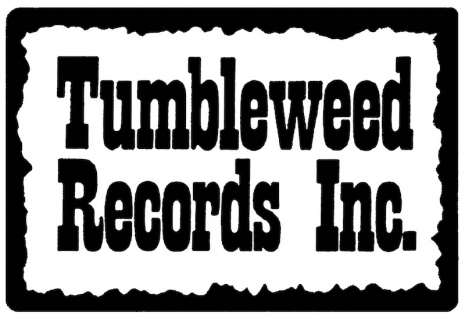
Here are a handful of the numerous highlights from Sing It High, Sing It Low:
Michael Stanley - “Rosewood Bitters”: This song, taken from Stanley’s 1971 debut album, is country rock at its most euphoric. Todd Rundgren plays electric piano on the track, tapping out a fantastic hook that sounds like an unforgettable Morse Code message. Discovered by Szymczyk, Michael Stanley went on to have a successful career in the biz.

Dewey Terry - “Do on My Feet (What I Did on the Street)”: Terry was one half of the fabulous ‘50s duo, Don & Dewey. “Do On My Feet” is a funktastic gem that would make James Brown stand up and git down. The jacket for Terry’s album, Chief (1972), flipped open like a notebook. It garnered a Grammy nomination for “Best Recording Package.”
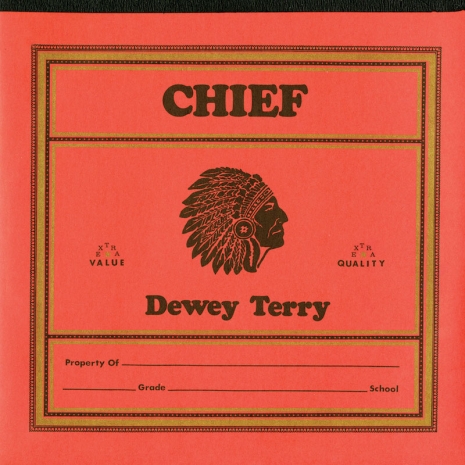
Robb Kunkel – “Turn of the Century”: Kunkel’s material resembles the piano-driven, singer/songwriter pop/rock of Elton John, but with left turns you don’t see coming. Featuring stellar musicians who play with all of their heart, “Turn of the Century” perfectly illustrates the Tumbleweed aesthetic.
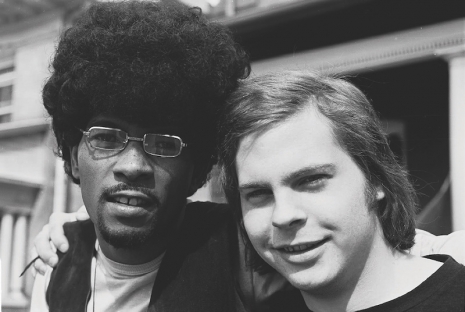
Dewey Terry and Robb Kunkel.
The song originates from Kunkel’s album, Abyss (1973), which ended up being the final Tumbleweed release. It also takes the cake for the strangest cover art the label produced.
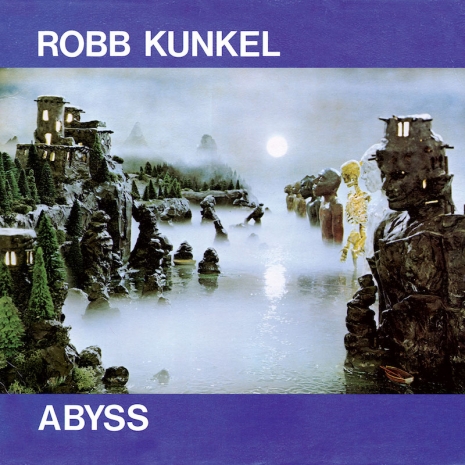
Danny Holien - “Colorado”: Holien was a twenty-two-year-old Minnesota native who had moved to Colorado after being told by a friend that the state was where’s it’s at. He was signed to Tumbleweed after performing just one song for Larry Ray. The breezy, folky “Colorado” begins with Holien’s voice and his acoustic guitar, but develops into a full, dramatic production, complete with strings. The track seems to be both about the state Tumbleweed called home, and the state of the label. There’s more than a tinge of melancholy here, a sadness for a time that has yet to arrive (“Feel the sorrow, of tomorrow”), as the writing is clearly on the wall (“I can see that it will end one day”). The “bye, bye-bye-bye, bye-bye-bye” refrain, a pop touch that’s also pleasingly weird, drives home the theme of ending.
Holien’s 1972 self-titled debut for Tumbleweed was another example of the label’s quality control, as it featured a sturdy, high quality jacket and a sixteen-page songbook. The album went on to become the label’s biggest seller. “Colorado” was released as a single and made it to #66 on the Billboard chart.
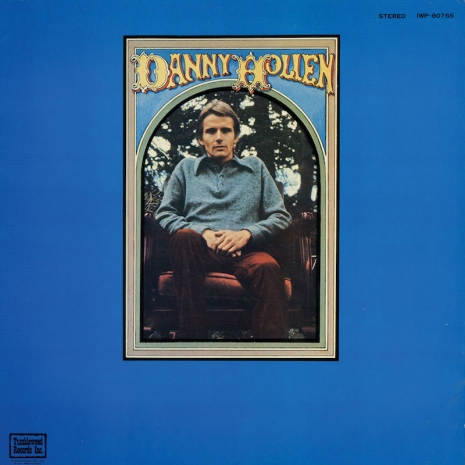
The premiere of “Colorado” from Sing It High, Sing It Low:
To pre-order the compilation, head on over to Light In The Attic’s website. The release is available in multiple formats, including a limited, colored vinyl edition of the LP, complete with Tumbleweed rolling papers. You can also pre-order via Amazon.
Mosey off into the Colorado wilderness after watching the video trailer for Sing It High, Sing It Low: Tumbleweed Records 1971-1973: